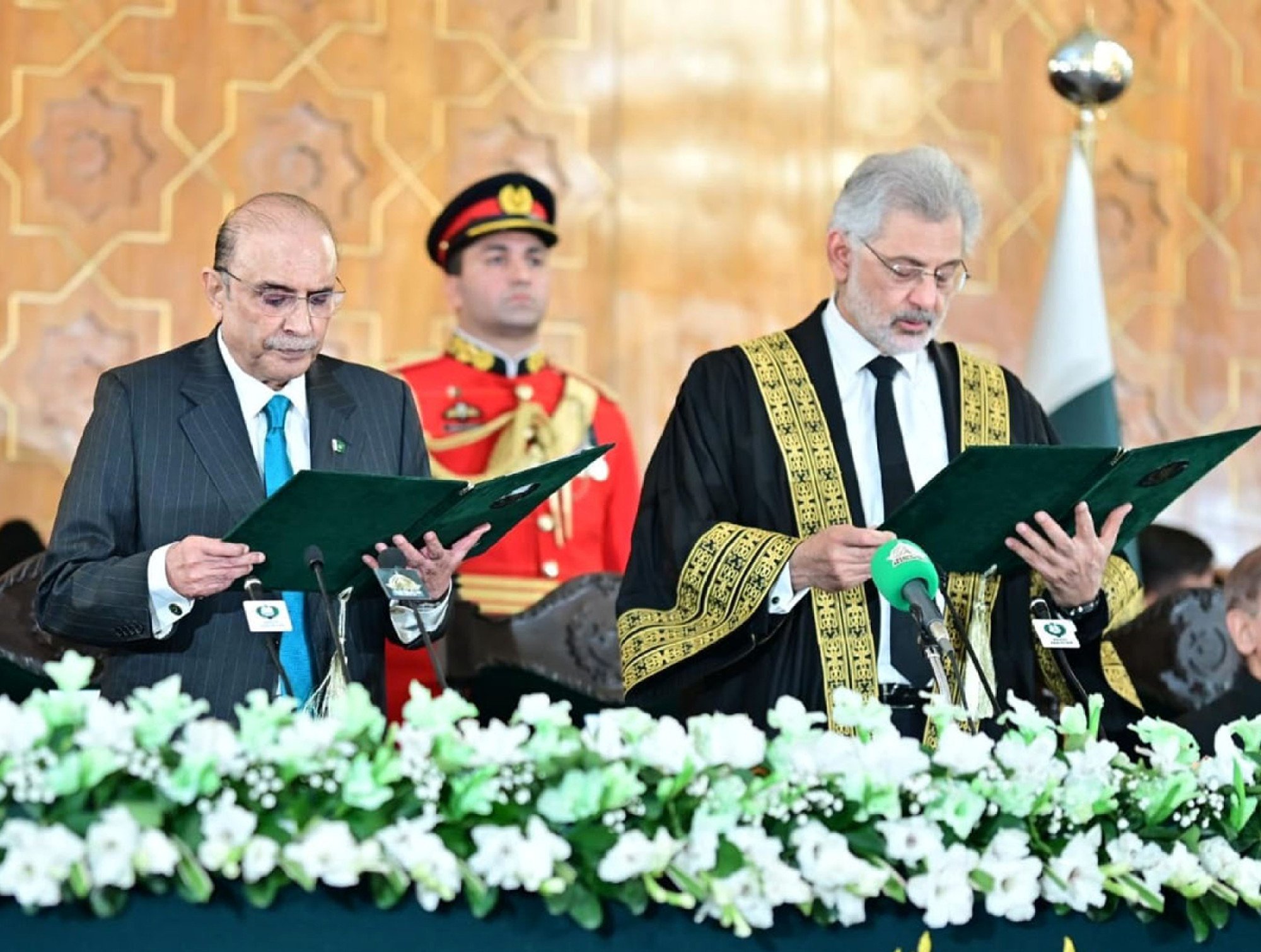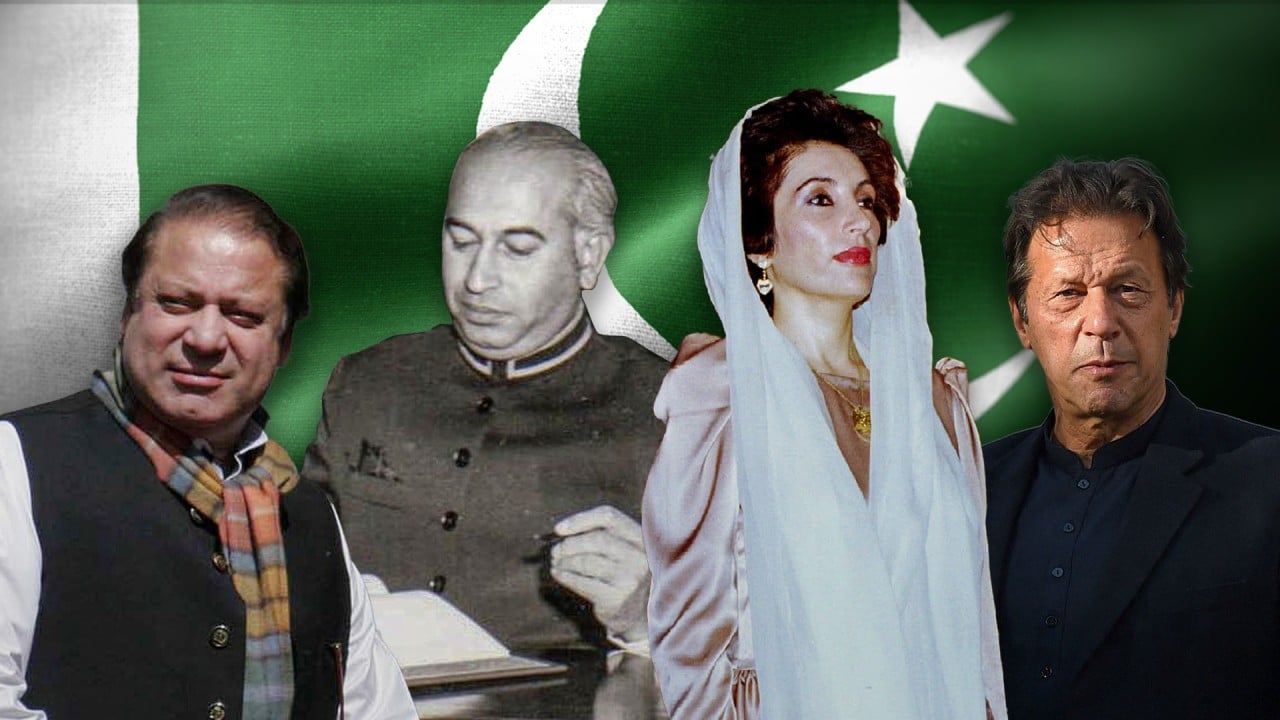Is Pakistan’s intelligence agency using ‘intimidating’ scare tactics on judges to sway rulings?
It cited a 2020 appeal against Pakistan’s former leader Imran Khan in which two judges on the three-member panel said the case against him was not maintainable. The letter alleged that intelligence operatives had pressured the judges into changing their opinions by threatening their friends and family, leading them to seek additional security protections.
It also said men claiming to be intelligence operatives had kidnapped one of the judge’s brother-in-law, and tortured him into making allegations against the judge that would lead to his resignation. The court heard the appeal against Khan and eventually ruled against him.
The Supreme Court has announced it would take suo moto (of its own volition) action to investigate the judges’ letter and its allegations, with hearings set to begin on April 29.

On April 3, Chief Justice Isa vowed to uphold the independence of the judiciary and said the use of scare tactics against judges would not be tolerated.
“If there is any kind of attack on the judiciary’s independence, I would be at the frontline [in defending against them] and for sure, my fellow judges would be standing with me in this,” Isa said.
The letter has garnered support from prominent legal associations across the country, with all major bar associations supporting its call for an inquiry. A group of 300 lawyers and civil society members has voiced its solidarity in a letter urging the Supreme Court to address the matter in accordance with constitutional provisions.
But the judiciary continues to face intimidation, with over a dozen top judges and officials, including chief justice Qazi and other members of the Supreme Court, last week receiving threatening letters allegedly stained with powder containing anthrax-causing bacterium.
Fighting for control
“It seems that the sand is slipping out of the fist of the establishment,” he said. “First election results and now the judges’ strides amplify the need for a drastic overhaul of the system.”
Is there still room for revival of Pakistan’s trade ties with India?
Allegations of misconduct were the official reason for Chaudhry’s dismissal, but some political watchers believed it was his growing judicial independence, which threatened Musharraf’s rule. The removal of the apex court chief sparked a nationwide movement by the country’s lawyers that ended Musharraf’s military rule in 2008.
The military has not imposed martial law or directly ruled Pakistan since 2008, but analysts say it has evolved into an illiberal hybrid regime that leaves the elected government limited breathing room.
